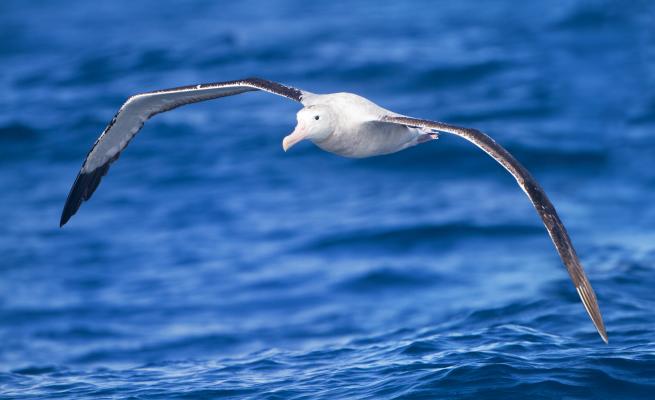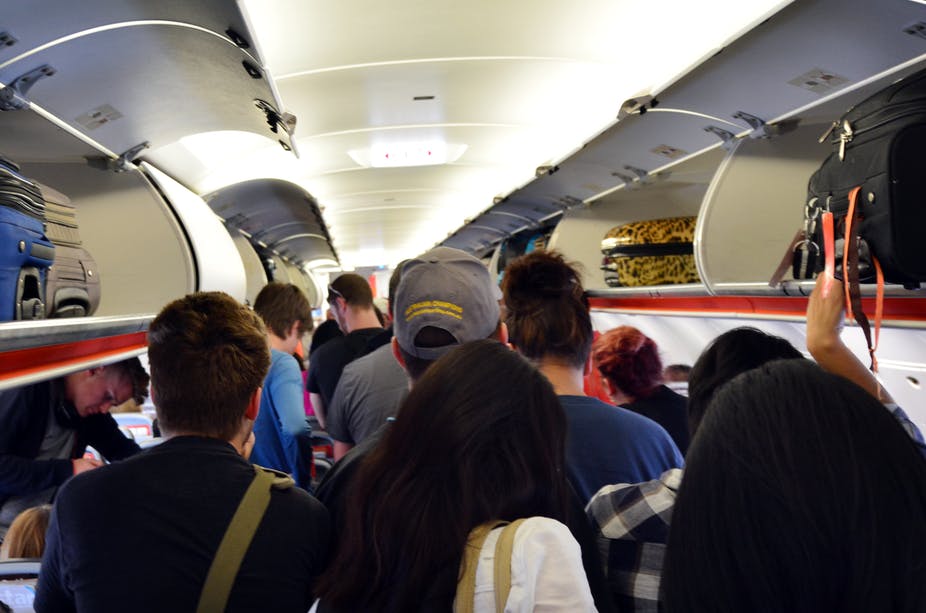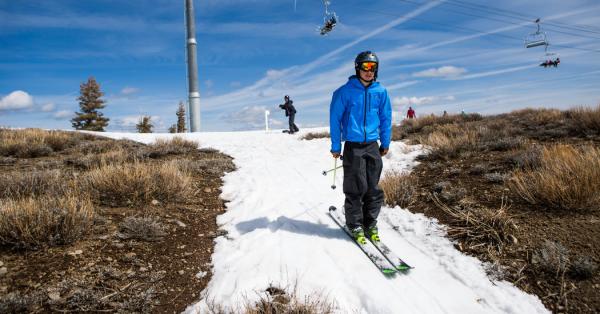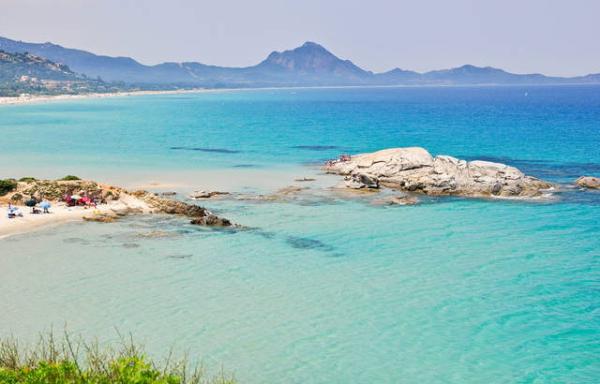WHO can AFFORD not to fly in 2020? People or companies?
Can you? Or your colleagues? What does your boss say?

“The albatross is the most efficient object in the sky, capable of gliding for hours with barely any wing movement. By contrast, flying in a plane is a disastrously ineffective use of energy. Leave it to the birds”
The text above is the tweet that made me discover the #FlightFree2020 campaign.
FlightFree2020 is about “behaviour change, and avoiding those flights which aren’t strictly necessary”. It invites UK citizens, and in perspective everybody else, to pledge to join the growing number of people who will be flight-free in 2020.
By happy coincidence, I saw that tweet just before another one about Weiberwirtschaft: a Berlin-based company that, in order to promote “climate-friendly travel options and destinations”, will reward its own employees who do not fly on holiday for a year with 3 extra vacation days.
Just for the “rich”? Yes, and no, of course
My first thought when I read those two announcements was that a pledge like that is harder to take for poorer people, for two painfully banal reasons: time and money.
Many managers will often have the luxury of more vacation days (whether they are sane enough to use them is another matter, alas). But ordinary employees of any other company than Weiberwirtschaft can afford to reach certain places only by plane. Regardless of money, they simply have no time to get there by any other means than low-cost flying.

This is true even inside continental Europe or North America, not just for the Caribbeans or Mauritius. Yes, we are talking leisure here, not food and shelter, and there are thousands of options to choose from. And yes, some leisure activities become less and less sustainable every year, even if you get there by bicycle:

Like skiing, that “rich” people seem to love enough to forget climate change when “ski season” comes, but shrinked. Still, this is one more case where “doing the right thing” is easier for who is already privileged. And money is a similar issue:

<u><em><strong>CAPTION:</strong>
<a href="https://www.blualghero-sardinia.com/en/10-stunning-beaches-in-sardinia-make-you-think-the-caribbean/" target="_blank">click for 10 stunning beaches in Sardinia that look like the Caribbean</a>
</em></u>
The beaches of Sardinia, Sicily and some parts of mainland Italy have very little to envy to places like Sharm el Sheik. But many Italians still “choose” the latter, because they can only get vacations in the winter, or because a full board week there, plane included, costs less than a comparable accomodation within Italy. That’s not something anybody can fix only with flight-related actions.
Making ALL ORGANIZATIONS aim to “FlightFree2020”?
Just as a mental exercise, keep all the above in mind, but also think about this for a moment.
The great majority of flights today is for leisure, so campaigns like FlightFree2020 do have a lot of value. But what about a tax on non-business flights, that is on flights not formally declared as necessary, for company reasons, by one’s employer?
What if all those other flights, that is how much each single organization contributes to aviation-induced global warming, were publicly available as Open Data?
Could the resulting public pressure on the “worst” organization in such a list be one more tool to fight not just climate change, but also inefficient business practices (and make corporations a bit more transparent, which is never a bad thing, is it now?)?
Images sources: linked articles, Wikipedia and “Passengers boarding airplanes: we’re doing it wrong”
Who writes this, why, and how to help
I am Marco Fioretti, tech writer and aspiring polymath doing human-digital research and popularization.
I do it because YOUR civil rights and the quality of YOUR life depend every year more on how software is used AROUND you.
To this end, I have already shared more than a million words on this blog, without any paywall or user tracking, and am sharing the next million through a newsletter, also without any paywall.
The more direct support I get, the more I can continue to inform for free parents, teachers, decision makers, and everybody else who should know more stuff like this. You can support me with paid subscriptions to my newsletter, donations via PayPal (mfioretti@nexaima.net) or LiberaPay, or in any of the other ways listed here.THANKS for your support!